Slips and falls happen every day and, in some cases, they leave victims with broken bones, head or spinal trauma, soft tissue strains and tears, and other serious injuries. After a slip and fall accident, you may be facing significant unexpected medical debt at the same time you’re out of work recovering from these injuries.
However, if you were hurt while on someone else’s property, you may be able to seek compensation for your injuries and other losses by filing a personal injury claim against the property owner’s homeowner’s or business insurance policy.
Unfortunately, this means interacting with an insurance company adjuster, which can be a recipe for disaster if you don’t know how to protect your rights.
If you were injured in a slip and fall accident and are considering filing an insurance claim, here’s what you need to know about dealing with an insurance adjuster—and how an experienced personal injury attorney can help.
The Insurance Company Isn’t Looking Out for Your Best Interests
When you’re the victim of a serious slip and fall, you can expect an adjuster from the property owner’s insurer to contact you within days of the accident to gather information about your claim. Often, the adjuster will sound friendly, concerned, and helpful—but don’t be fooled. The insurance company isn’t looking out for you.
Insurance companies are businesses and as such, their priorities are protecting their bottom lines and making profits. Fully and fairly compensating claimants for their injuries serves as an impediment to these goals, which is why insurers will often deploy a number of shady tactics designed to help them reduce their financial obligation to you. Learning to spot these tactics and knowing how to handle them can be the difference between making a fair financial recovery and getting much less than you deserve.
What to Do — and What Not to Do — When Dealing With an Insurance Adjuster
When insurance adjusters contact you for information about your slip and fall accident, it’s often under the guise of expediting the processing of your claim. However, the adjuster will try to use the information you provide against you, which is why it’s crucial to only offer the necessary facts.
You should tell the adjuster:
- The date, time, and location of the slip-and-fall accident
- Your attorney’s name and contact information
- That your attorney will handle all future communication regarding your claim
You shouldn’t:
- Provide a recorded statement. You’re not required to do this, and doing so can damage your ability to recover fair compensation.
- Sign a medical records authorization release form. Releasing your medical records to the insurance company may sound like a reasonable part of the claims process. And it might be, if the records you authorize them to have were< only those related to the injuries sustained in the slip and fall accident. Unfortunately, adjusters often use wide-ranging release forms that give them access to your entire medical history, allowing them to attribute your injuries to other causes. An attorney can ensure that the records you release are only the ones relevant to your slip and fall claim.
Let Us Help You Protect Your Right to Recovery
Hurt in a serious slip and fall accident? The skilled premises liability attorneys of Van Sant Law can help you fight for the compensation you deserve. We’ll help you understand your legal rights and options, document your injuries and losses, and handle communication with the insurance company on your behalf.
We’ve helped countless Georgia slip-and-fall victims secure a fair settlement. If the insurance company refuses to be reasonable, we’re ready and willing to file a lawsuit and take your case all the way to trial. Contact us online or call our office directly at (800) 234-9556 today to schedule an appointment for a free initial consultation.





.2410171551550.png)
